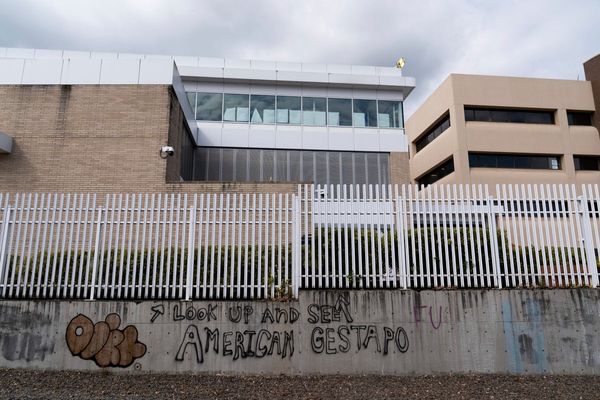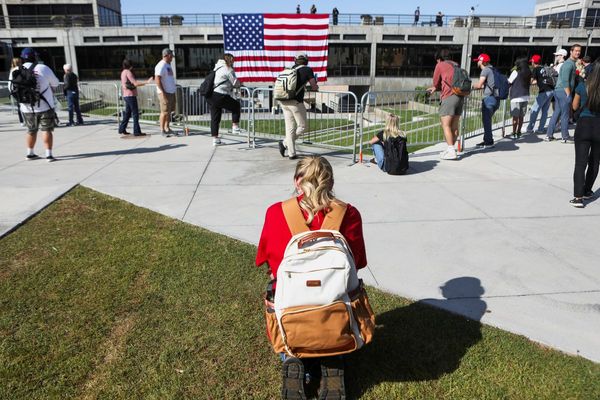
European Union countries have reached a consensus on implementing a fresh set of sanctions against Russia in response to its actions in the ongoing conflict with Ukraine. The decision, made on the second anniversary of Russia's invasion of Ukraine, targets individuals and businesses suspected of aiding Moscow in its military endeavors. Notably, the sanctions also extend to certain Chinese companies believed to have provided support to Russia.
The package of sanctions, described as one of the most comprehensive approved by the EU, will see restrictions imposed on approximately 200 entities. While the specific details of the sanctioned companies and individuals have not been disclosed, it is expected that they will be revealed upon publication in the EU's legal journal.
Since the initial deployment of Russian troops into Ukraine, the EU has implemented multiple rounds of sanctions against Russia. These measures have impacted various sectors, including energy, finance, and mining, while also targeting key Russian officials with asset freezes and travel bans.
The latest sanctions are set to intensify trade limitations on entities associated with the Russian military-industrial complex. Additionally, restrictions on the export of advanced components for drone production to Russia have been reinforced.
European Commission President Ursula von der Leyen expressed support for the new sanctions, emphasizing the importance of continuing to undermine Russia's military capabilities. With a total of 2,000 listings now in place, the EU aims to maintain pressure on the Kremlin and limit Russia's access to critical drone technology.
The agreed-upon sanctions package is expected to undergo formal approval on Saturday, coinciding with the anniversary of the conflict's commencement. This latest move underscores the EU's commitment to holding Russia accountable for its actions in the region.
For more updates on the situation in Ukraine, follow AP's coverage at AP's Russia-Ukraine Hub.







